The Independent's journalism is supported by our readers. When you purchase through links on our site, we may earn commission.
Angela Merkel tops Forbes’ list of 100 most powerful women of 2018
This marks the German chancellor's eighth consecutive year in the top spot
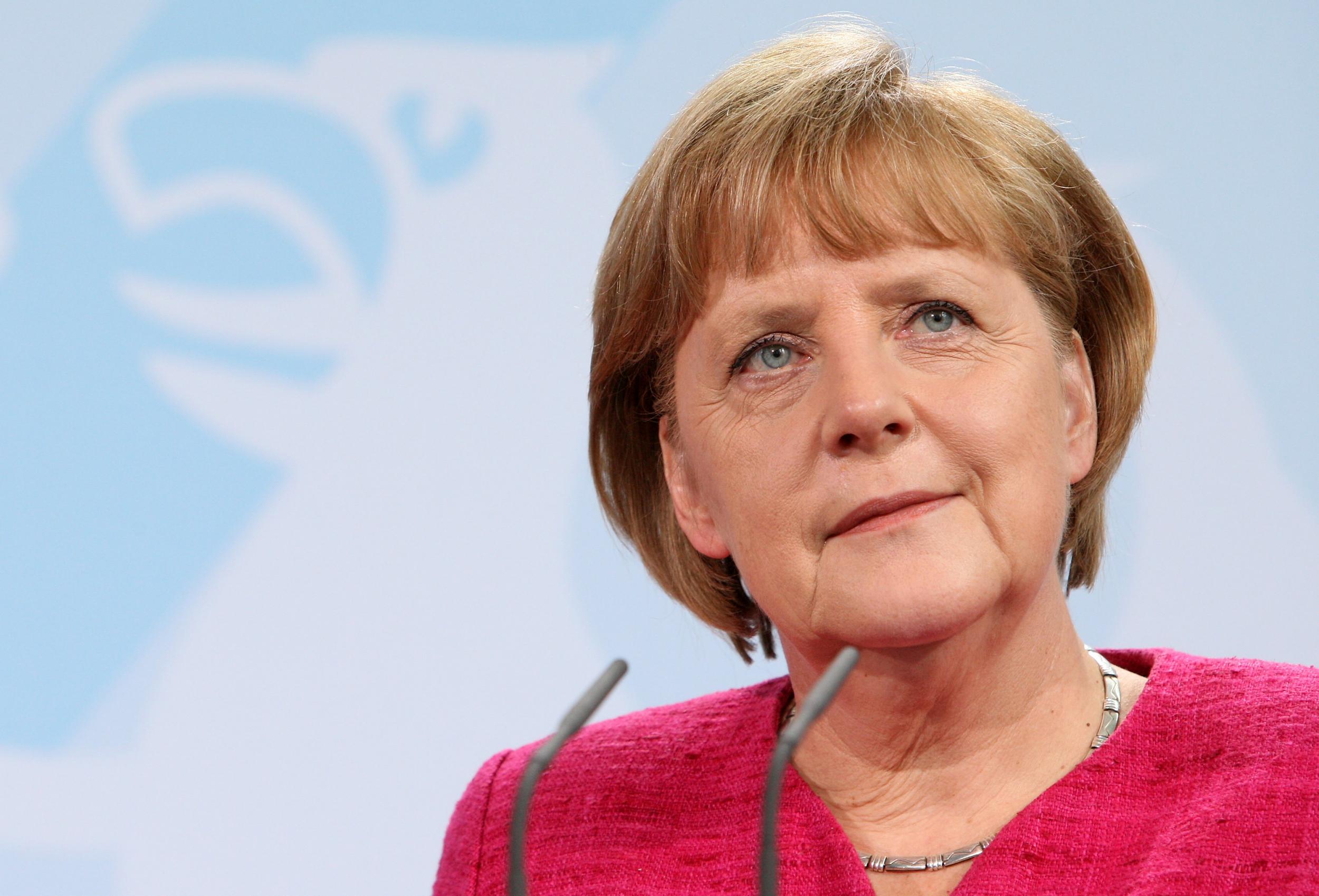
The Forbes ranking of the 100 most powerful women in the world for 2018 has been announced, with German chancellor Angela Merkel topping the list for the eighth year running.
The business magazine's list, which is in its 15th year, includes women who are deemed as being the most influential leaders across the globe today.
The publication notes that while Merkel's future remains uncertain, considering the fact that she's not running for re-election in 2021, the impact that she's had as leader of the Christian Democratic Union since 2000 and as chancellor of Germany since 2005 has been indisputable.
In second place comes prime minister Theresa May, who's spent the last two years in the headlines for her attempts to salvage negotiations with the EU with regards to Brexit.
Following on from May comes Christine Lagarde, managing director of the International Monetary Fund (IMF).
Lagarde has risen the ranks since last year's list, when she was placed as the eighth most powerful woman in the world by Forbes.
Also in the top 10 include Melinda Gates, co-chair of the Bill and Melinda Gates Foundation, Susan Wojcicki, CEO of YouTube and Ginni Rometty, CEO of IBM.
Here's the list of Forbes' 10 most powerful women in the world for 2018:
1. Angela Merkel, German chancellor
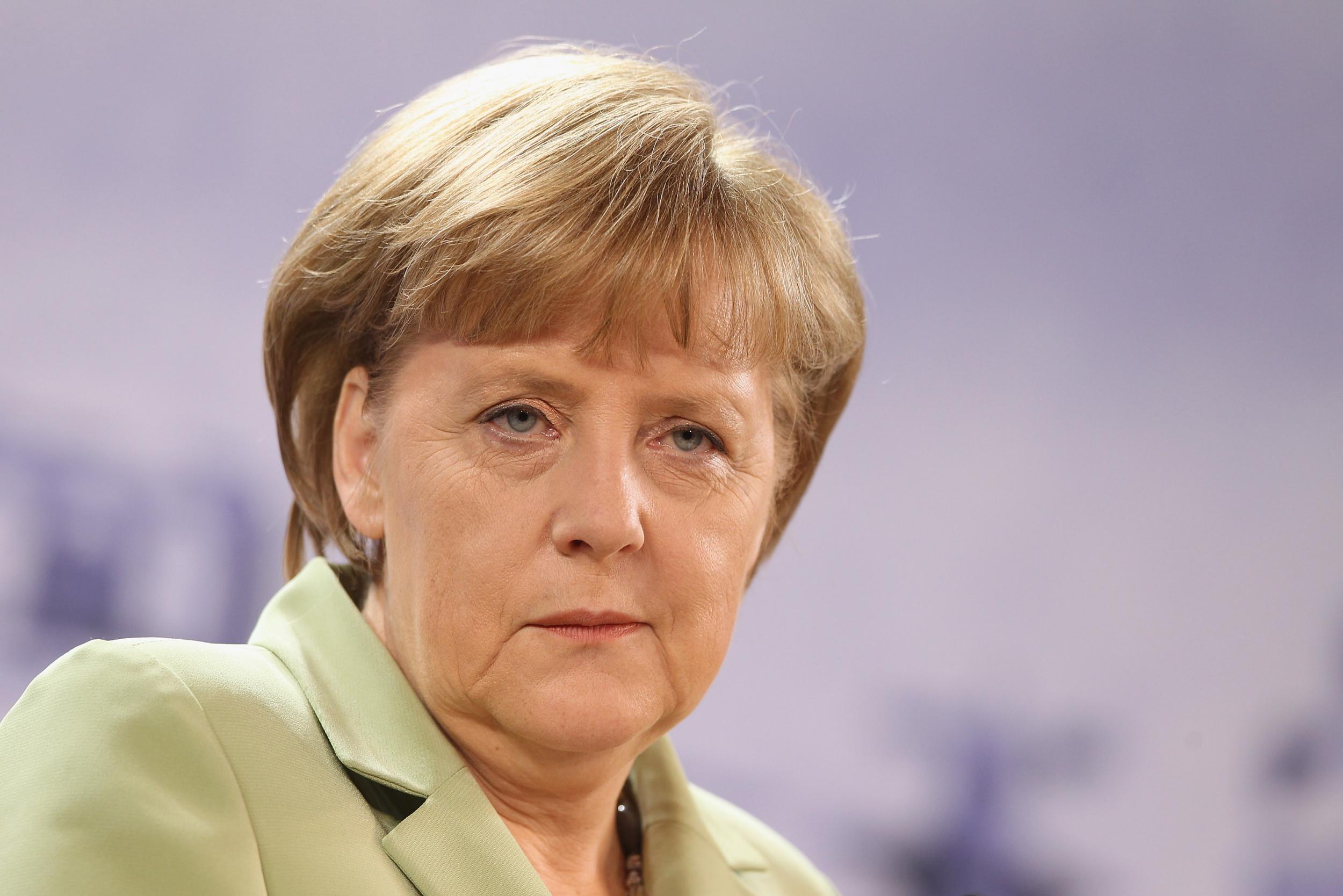
Angela Merkel has been leader of the Christian Democratic Union since 2000.
She’s been chancellor of Germany since 2005, during which time she’s overseen the largest economy in Europe.
Merkel has been described as the “de-facto leader of the free world” due to her elevated position.
In October, she made a shock announcement in which she revealed that she would be stepping down as German chancellor in 2021.
2. Theresa May, British prime minister

Ever since taking on the mantle of prime minister and leader of the Conservative Party in 2016 following the resignation of David Cameron, the main focus of Theresa May’s role has been to engage in Brexit negotiations with the EU.
Prior to her position as prime minister, May served as home secretary from 2010 until 2016.
Earlier this week, when asked on ITV’s This Morning about whether she had faith that she would still be prime minister following a parliamentary vote on Brexit on 11 December, she said: “I will still have a job in two weeks’ time.”
3. Christine Lagarde, managing director of the IMF

Christine Lagarde became the first female managing director of the IMF in 2011.
She’s held various ministerial positions in government in France in the past, including minister of economic affairs, finance and employment, minister of trade and minister of agriculture and fishing.
Last year, Lagarde placed eighth on the Forbes list of most powerful women in the world.
4. Mary Barra, CEO and chairperson of General Motors
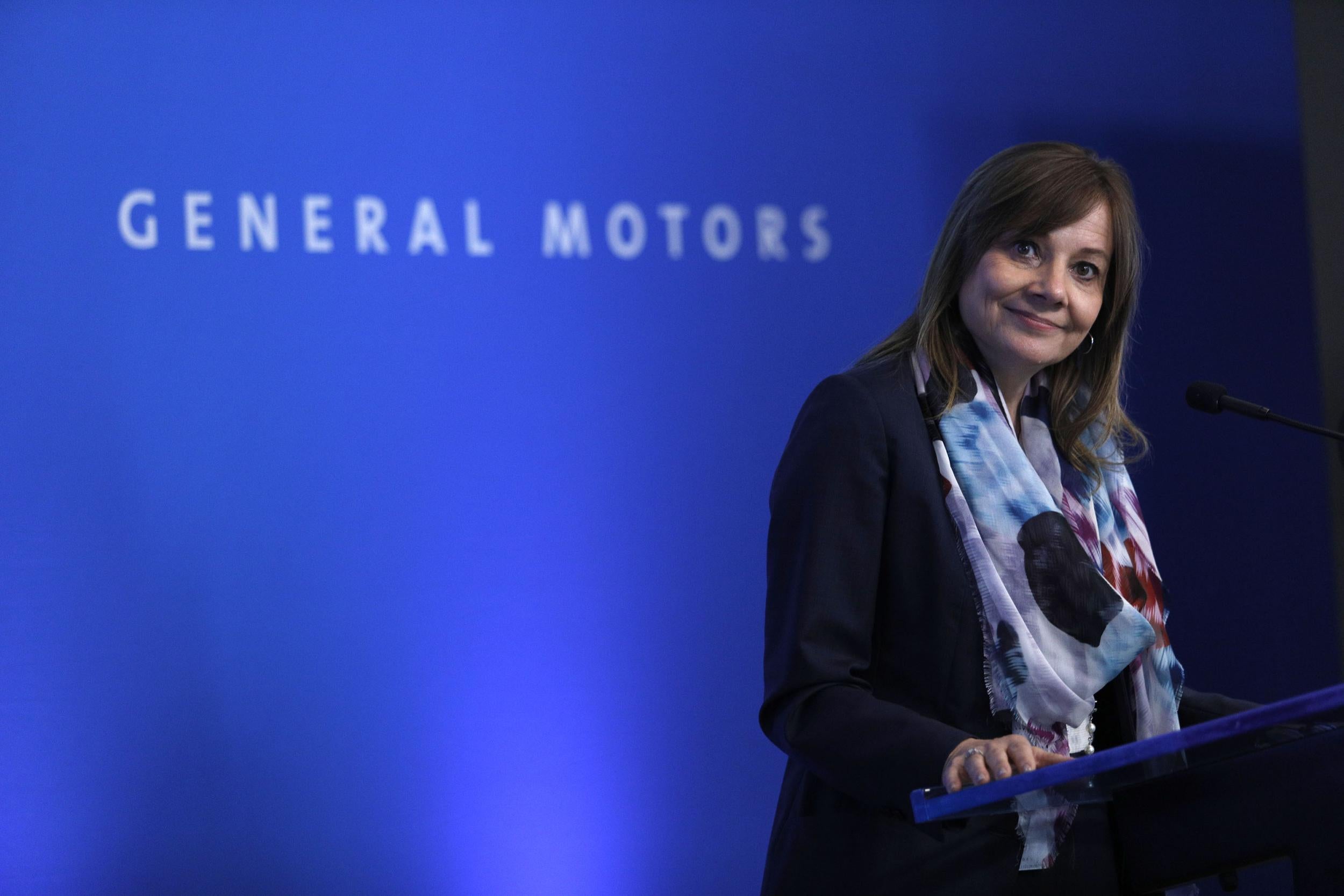
Mary Barra was named CEO of General Motors in 2014.
Before taking on the role of CEO, Barra served as executive vice president of global product development, purchasing, and supply chain at General Motors.
Ever since Barra assumed authority at General Motors, the company has accumulated a profit of $21.5bn (£16.8bn) from 2014 until the first quarter of 2018.
5. Abigail Johnson, chairman and CEO of Fidelity Investments
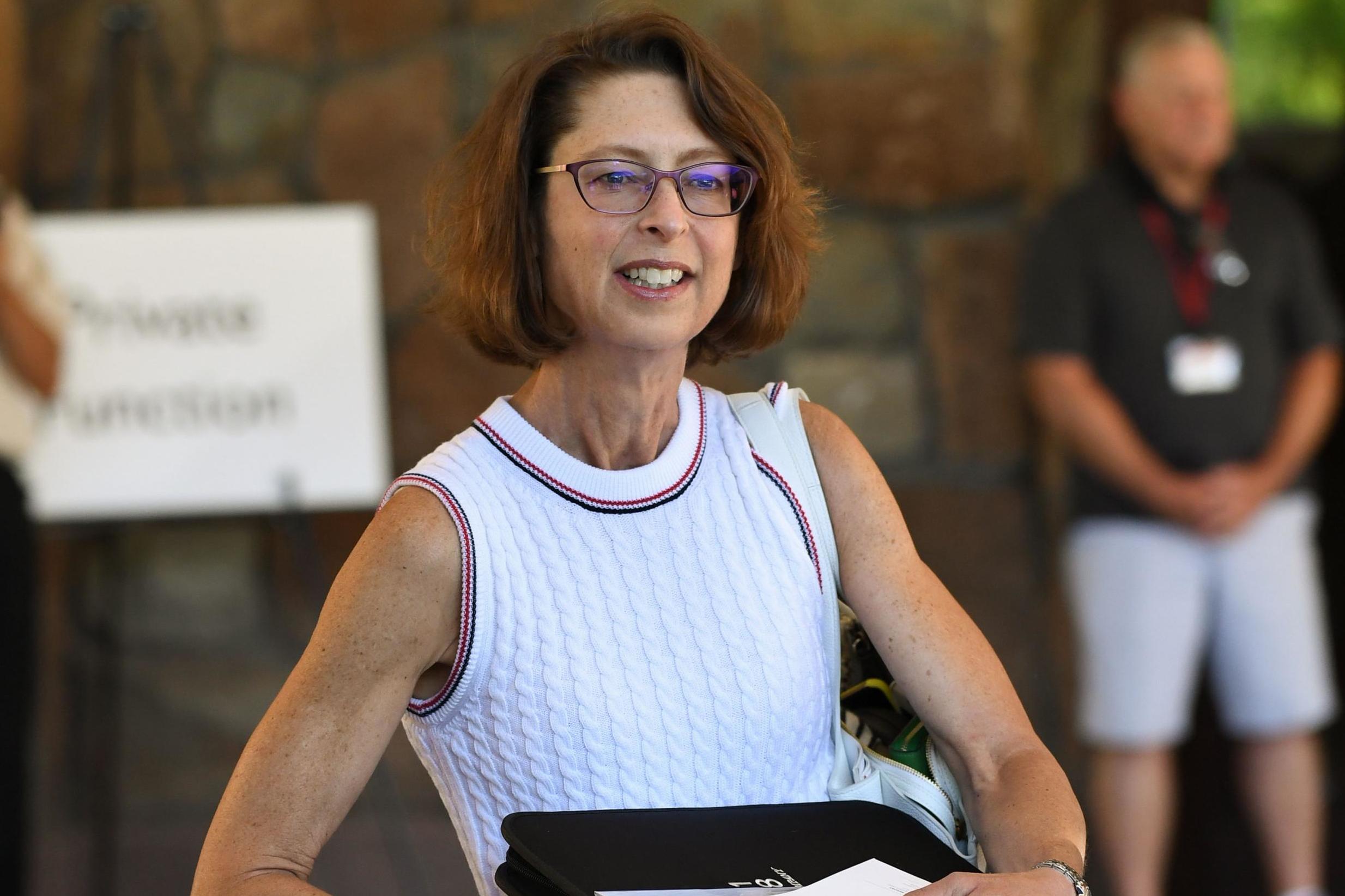
Abigail Johnson has been CEO and president of Fidelity Investments since 2014, as well as chairman of its sister company Fidelity International.
Two years later, she was named chairman of the US investment firm as well.
Johnson first joined Fidelity as an analyst in 1988. The company was founded by her grandfather.
6. Melinda Gates, co-chair of the Bill and Melinda Gates Foundation
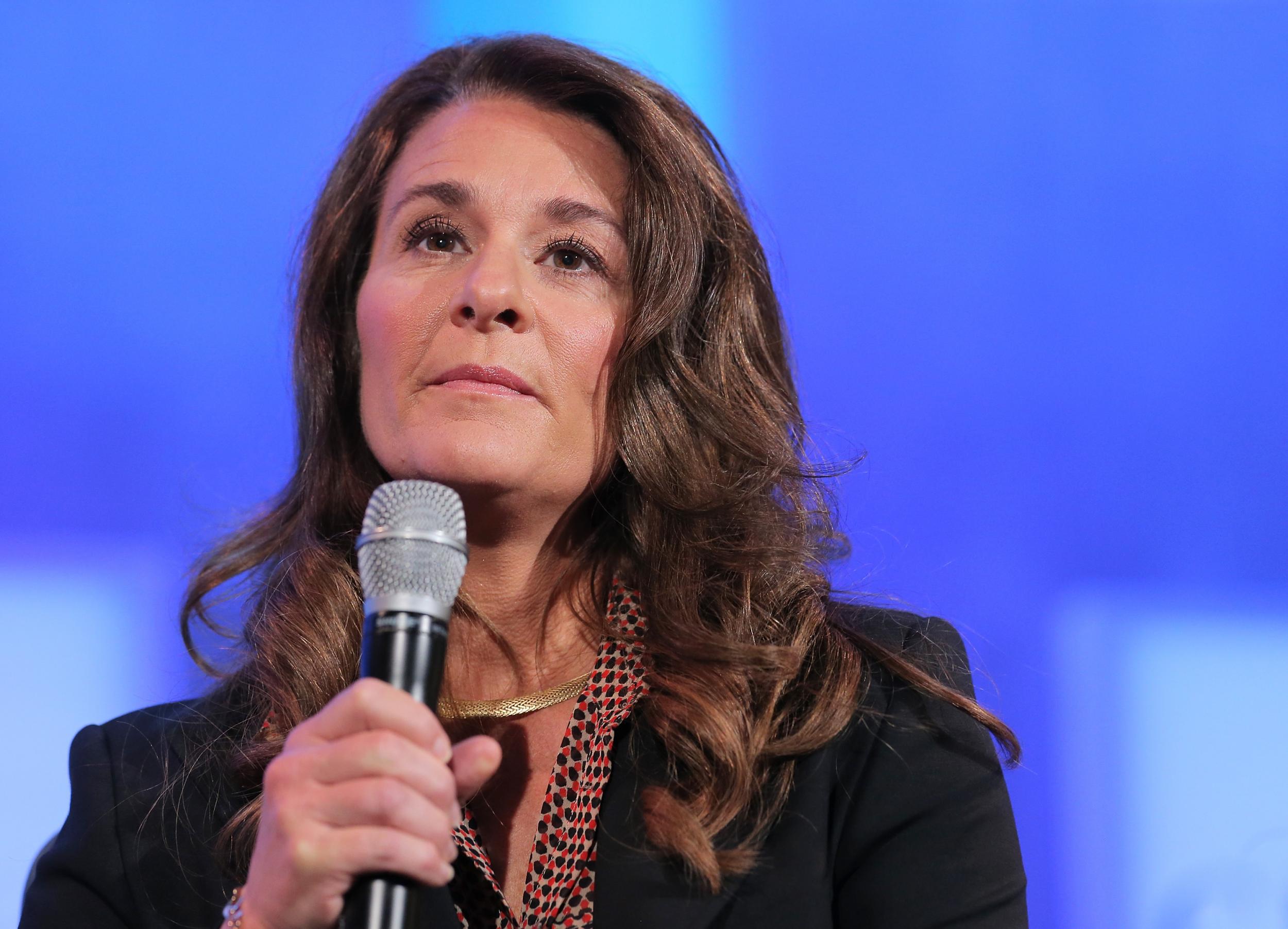
In 2000, the Bill and Melinda Gates Foundation, originally named the William H. Gates Foundation, was created in an effort to support healthcare initiatives on a global scale.
By 2014, Bill and Melinda Gates, who met while Melinda was working at Microsoft, had donated approximately $28m (£21m) to the foundation.
The Bill and Melinda Gates Medical Research Institute is developing new medicines and vaccines for health issues that affect millions of people around the world, including malaria and tuberculosis.
7. Susan Wojcicki, CEO of YouTube

While working at Google, Susan Wojcicki oversaw one of the company’s largest acquisitions when it bought YouTube for $1.65bn (£1.29m) in 2006.
She later joined YouTube, being named CEO of the video-sharing website in 2014.
Described by Time as “the most powerful woman on the planet” in 2015, Wojcicki has worked to ensure that YouTube places greater control on any content on the site that may contain hate speech or extremist views.
8. Ana Botin, executive chairman of Santander Group
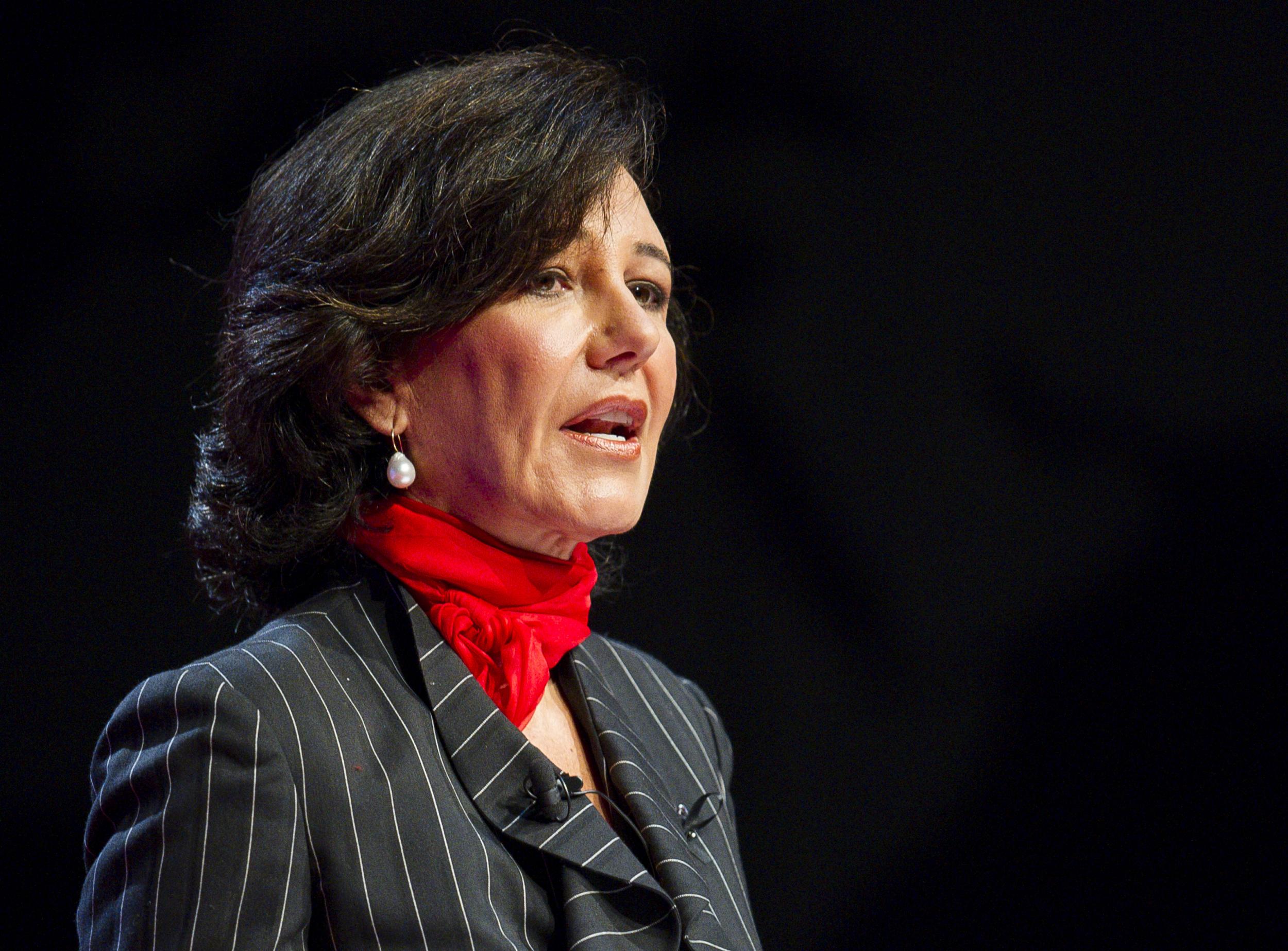
Ana Botin, a Spanish banker, was made executive chairman of Santander Group in 2014.
Before that, she was made CEO of Santander UK in 2010.
She’s the fourth member of the Botin family to be made executive chairman of Santander Group, following on from her father, grandfather and great-grandfather.
9. Marillyn Hewson, CEO of Lockheed Martin
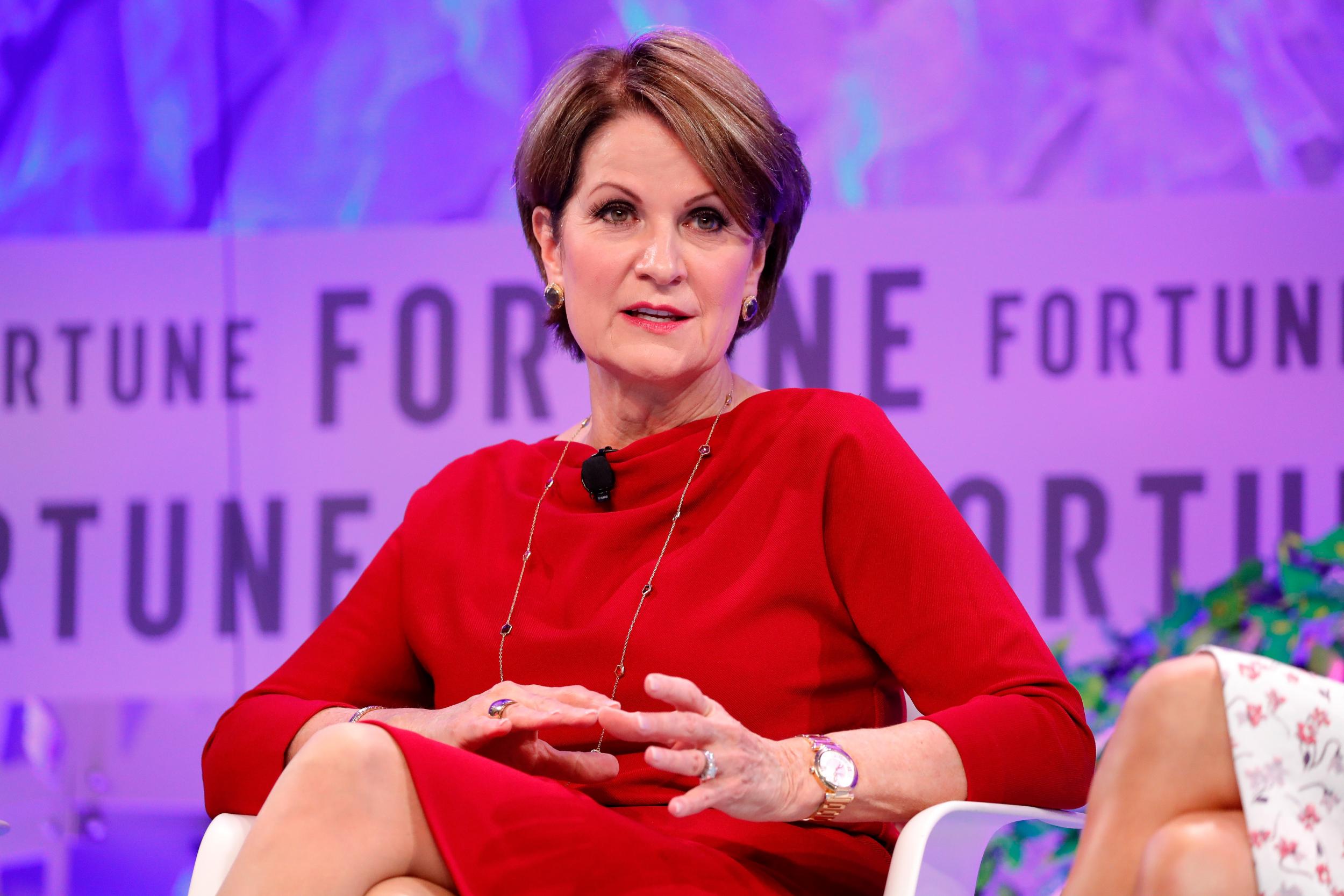
Marillyn Hewson is chairman, president and CEO of Lockheed Martin, an American global aerospace, defense, security and technology company.
In 2015, she was named the 20th most powerful woman in the world by Forbes.
She first joined Lockheed Martin in 1983, assuming a variety of positions including executive vice president of Lockheed Martin’s electronic systems business area and president of Lockheed Martin logistics services.
10. Ginni Rometty, CEO of IBM

In 1981, Ginni Rometty joined IBM as a systems engineer.
She’s since risen the ranks, becoming president and CEO more than three decades after first joining the company.
During her time as head of IBM, Rometty has received a number of accolades, including being featured in Bloomberg’s 50 most influential people in the world and Time’s 20 most important people in tech.
Earlier this year, it was revealed that of the CEOs that run the companies included in the Fortune 500, only 24 of them are women.
Join our commenting forum
Join thought-provoking conversations, follow other Independent readers and see their replies
Comments
Bookmark popover
Removed from bookmarks